DKI APCSS recently conducted its second in-resident workshop on the United States’ Free and Open Indo-Pacific (FOIP) strategy. The strategy was announced by President Trump nearly a year ago and signals the United States’ strong commitment to the Indo-Pacific region through defense, diplomacy, trade and economic initiatives.
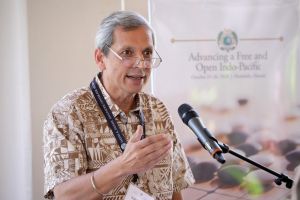
Mr. Ajai Shukla, Consulting Editor on Strategic Affairs, Business Standard, provides a presentation on “The Evolution of India’s Policies in the Indo-Pacific” during a working lunch Oct. 26.
Working in concert with the Office of the Assistant Secretary of Defense for Asian and Pacific Security Affairs, DKI APCSS has been working to advance understanding of the key underlying principles and implementation of the FOIP. The workshop brought together 26 senior leaders from the Indo-Pacific Region with 12 U.S. Defense, State and National Security Council officials in Hawaii on October 24-26. The workshop aimed to provide a more comprehensive understanding of the U.S. strategic vision and implementation in the Indo-Pacific region, to elicit the perspectives of partner nations, and to consider opportunities for strengthening cooperation.
This workshop built upon the results of the first Indo-Pacific strategy workshop held at DKI APCSS in April 2018, and included 14 returning participants from the April discussions. Together the two events reaffirmed the value of continued dialogue to foster robust and enduring collaboration in support of the FOIP principles.
Five senior U.S. government officials presented the U.S. programs and perspectives. These included Dr Joseph Felter, Deputy Assistant Secretary of Defense for South and Southeast Asia; Mr. Matt Pottinger, Deputy Assistant to the President and Senior Director for Asia, National Security Council; Mr. Walter Douglas, Deputy Assistant Secretary, Department of State; Ms. Lisa Curtis, Deputy Assistant to the President and Senior Director, National Security Council; and Mr. Thomas Vajda, Acting Principal Deputy Assistant Secretary of State in the Bureau of South Central Asian Affairs.
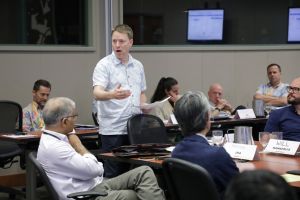
Mr. Matt Pottinger, Deputy Assistant to the President and Senior Advisor for Asian Affairs, National Security Council, discusses the way forward with participants at the end of the workshop.
Actions to support the principles of a free and open Indo-Pacific were identified in their presentations. A rules-based order, freedom of navigation, trade and investment, digital connectivity, ASEAN centrality and the U.S. relationship with India generated strong interest and a robust exchange of views. The dialogue showcased a free-flowing and productive articulation of opportunities for regional economic development through consultative strategy development, good governance, private sector-led investment, and human capital and capacity building. Women’s empowerment, people-to-people ties, and global climate change were mentioned also needing attention in specific sub-regions.
There was a strong consensus on core principles of a free and open Indo-Pacific. Some participants recommended that regional ‘inclusivity’ could be adopted as a key principle of the FOIP. However, participants cited concerns that unilateral actions create a contradictory narrative to an inclusive FOIP. Developing a plan for effectively communicating the principles and benefits of an FOIP emerged as a priority recommendation from the region.
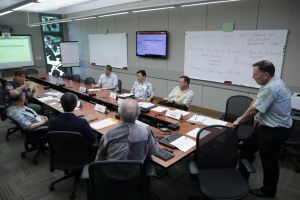
Mr. Matt Pottinger, Deputy Assistant to the President and Senior Advisor for Asian Affairs, National Security Council, discusses the way forward with participants at the end of the workshop.
Director RADM (Ret) Peter Gumataotao lauded the event as one that is “worth noting given the dynamic nature of the planning phase and strategic implications it had in helping shape future U.S. policy in the region.” Dr. Lori Forman, the workshop’s academic lead remarked that, “The highest value of the DKI APCSS approach is not in the transmission of updates, but in the cross-talk and active listening that is at the heart of our programs. Candid discussion is essential for building consensus on the principles of a free and open Indo-Pacific and for charting the way ahead.” She added that, “We were delighted to facilitate this important and timely discussion among so many senior officials.”


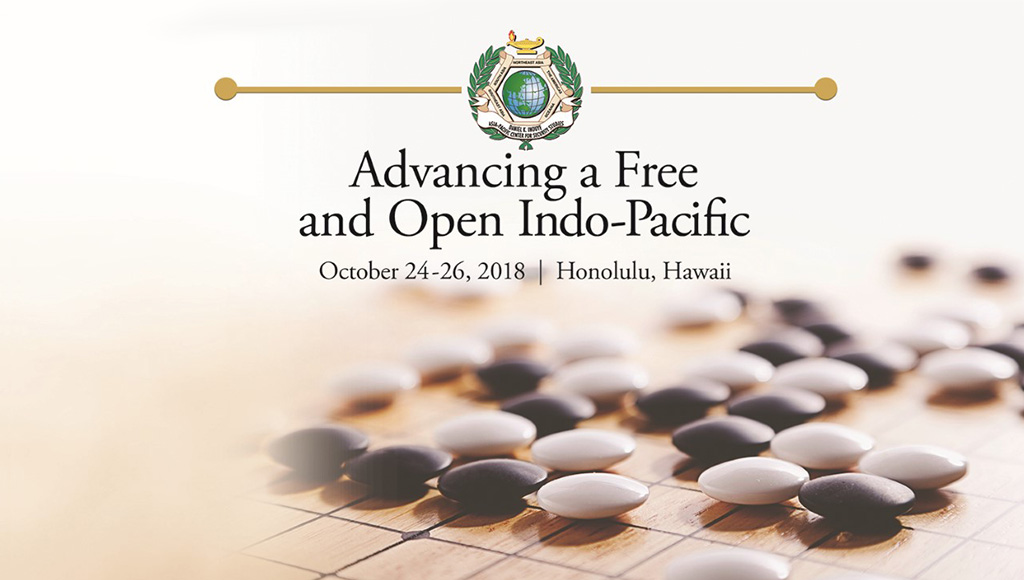
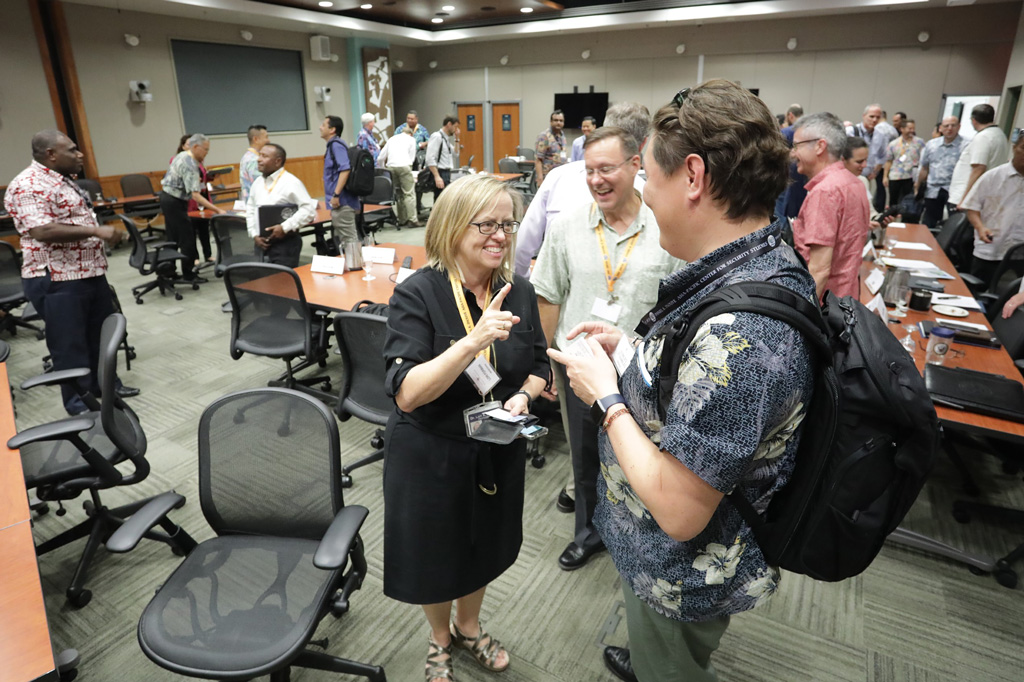
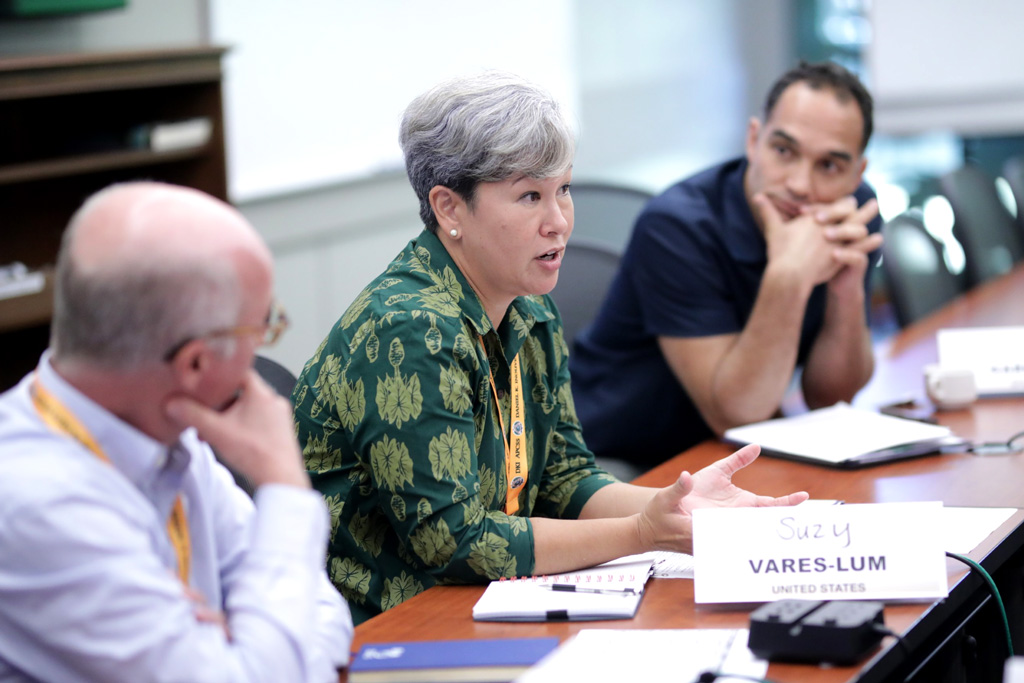
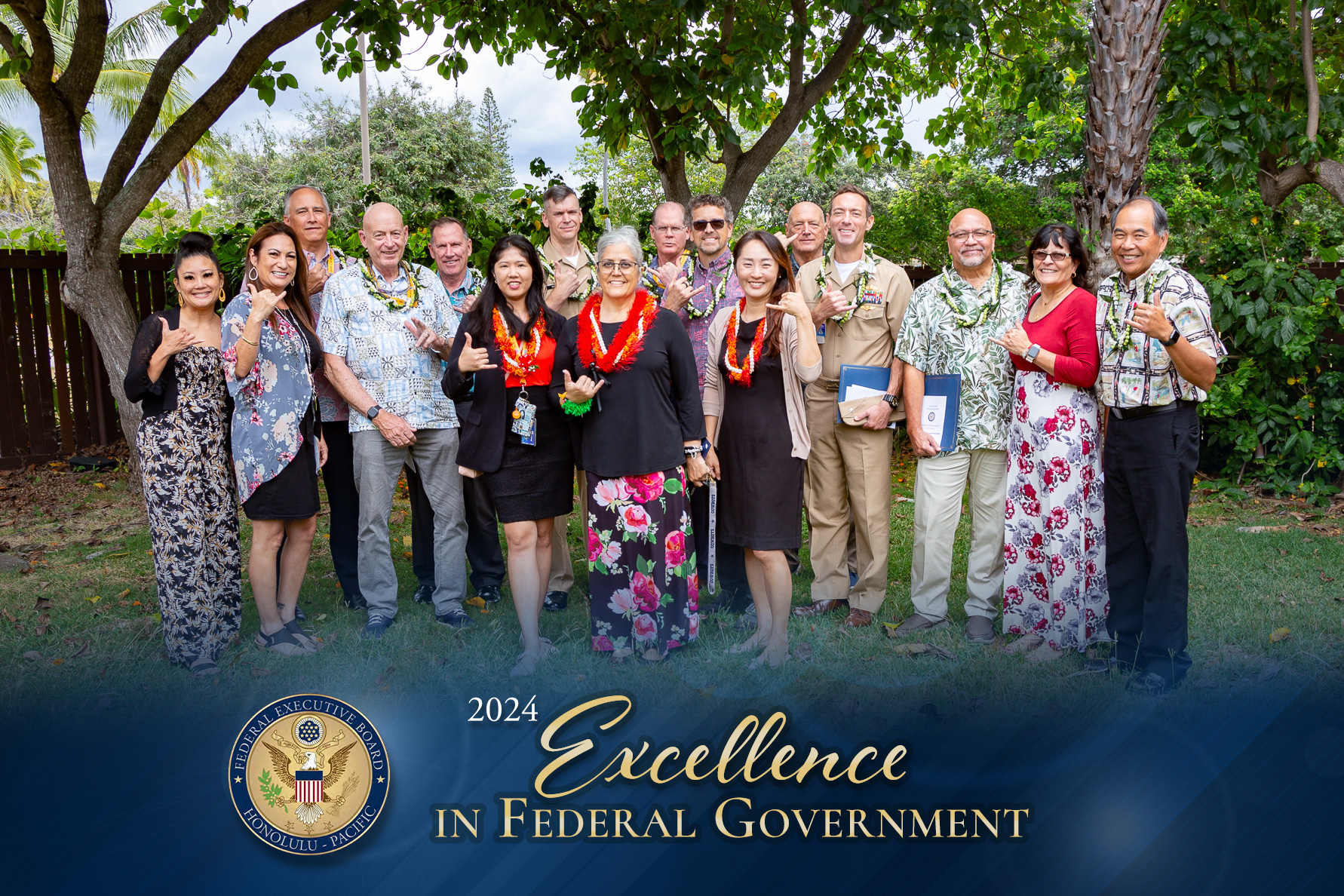
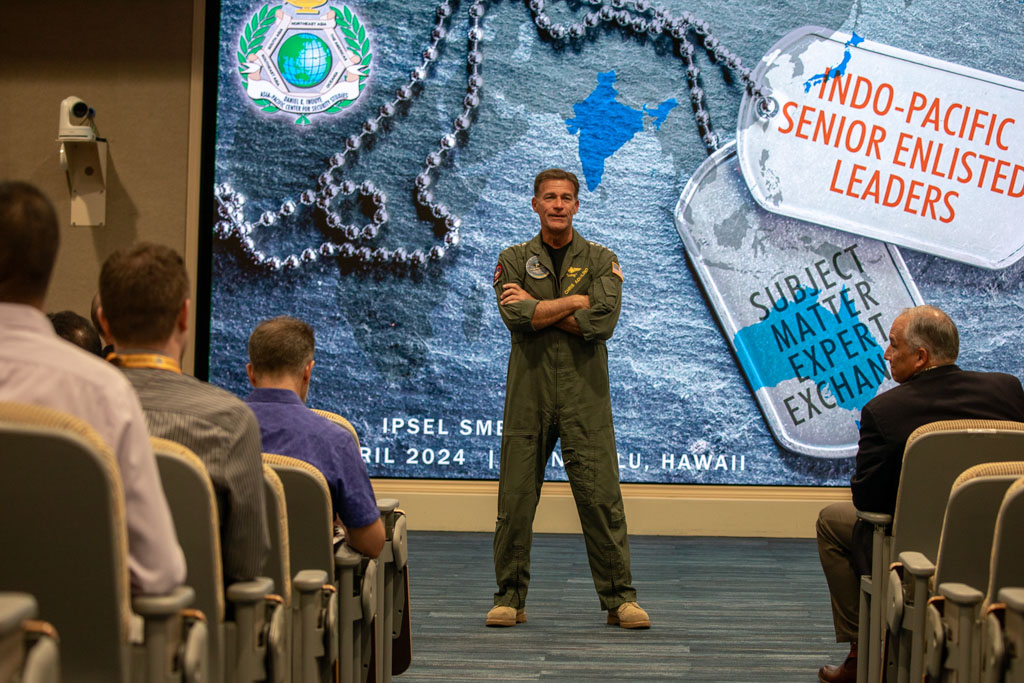
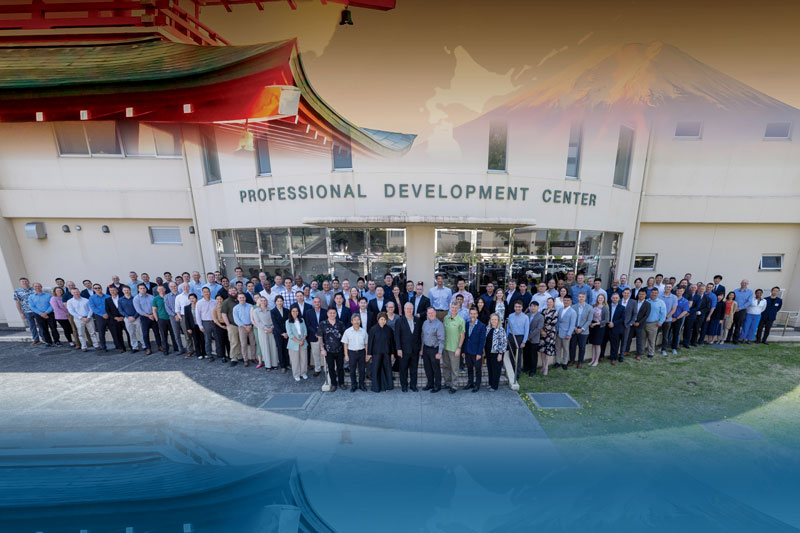




Leave A Comment